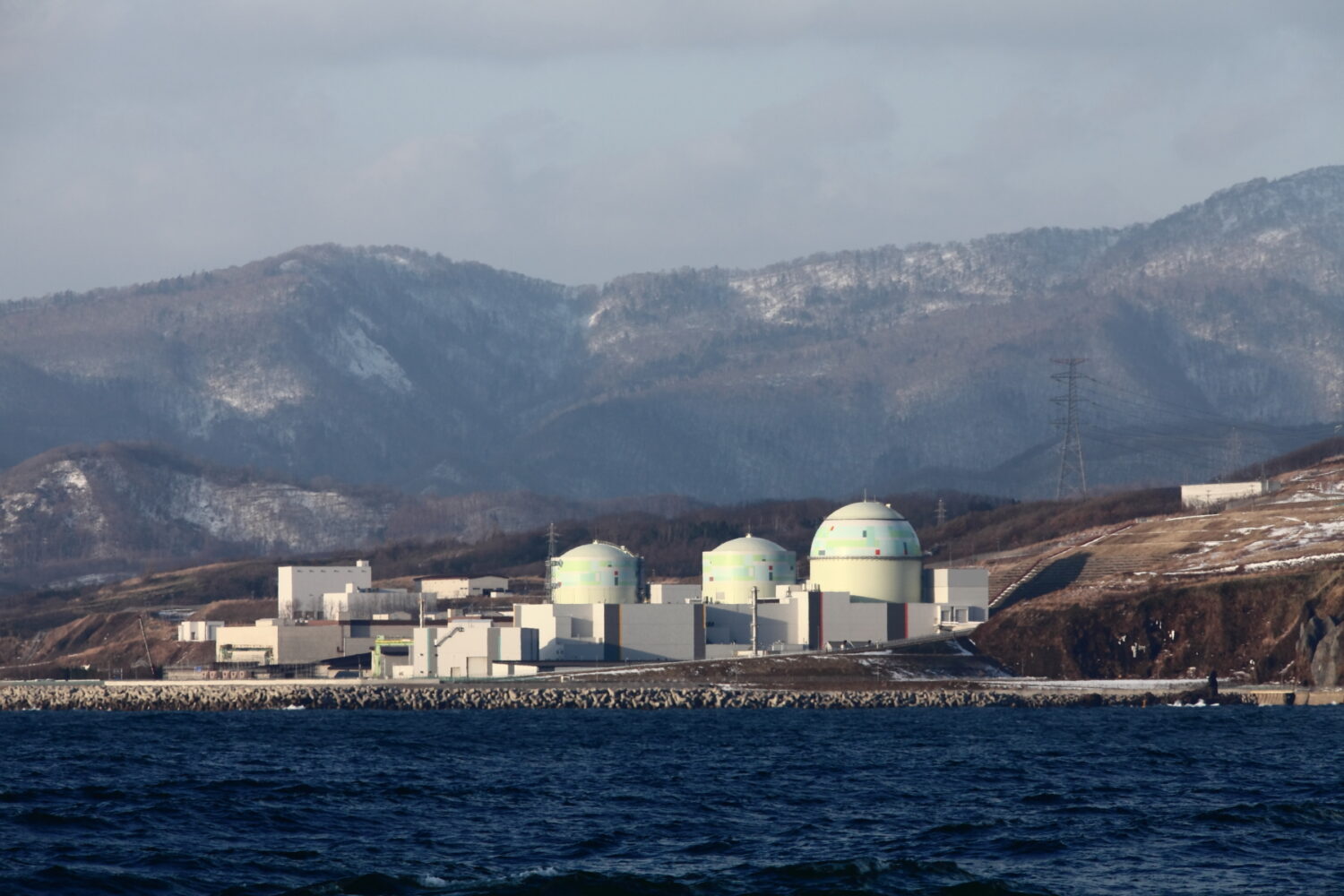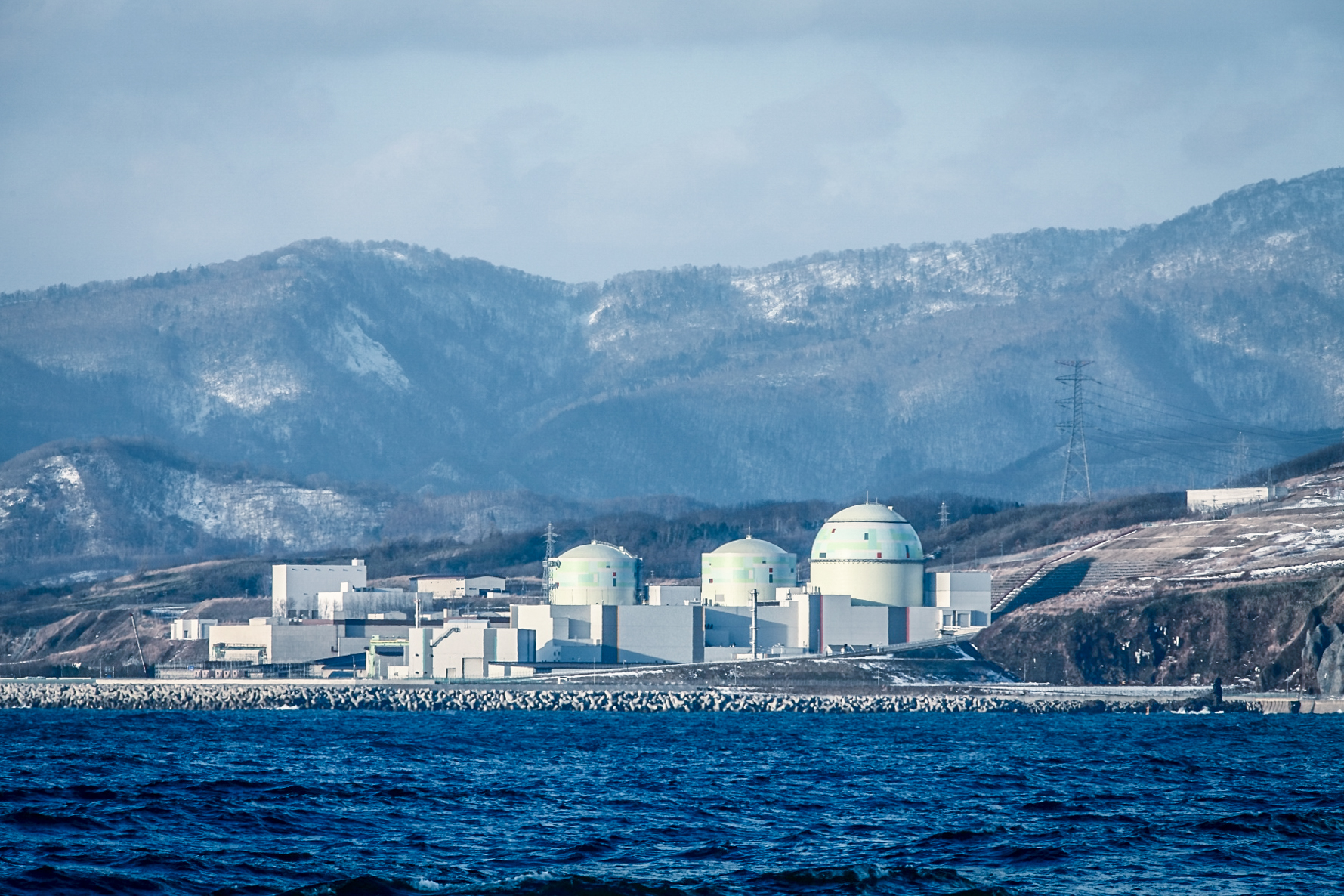The decision to establish the conference was made on September 21 at a ministerial meeting comprising Japan’s cabinet and other ministerial officials responsible for nuclear energy. The decision was made in light of recent changes in circumstances surrounding fast reactor development in Japan, including the March 2011 accident at the Fukushima Daiichi Nuclear Power Plants and electricity system reform, with deregulation of the retail market starting in April 2016.
With METI Minister Hiroshige Seko serving as its chairman, the conference consists of Minister Hirokazu Matsuno of the Ministry of Education, Culture, Sports, Science and Technology (MEXT), President Toshio Kodama of the Japan Atomic Energy Agency (JAEA), Chairman Satoru Katsuno of the Federation of Electric Power Companies (FEPC), and President Shunichi Miyanaga of Mitsubishi Heavy Industries (MHI).
The September 21 ministerial meeting endorsed the view that Japan should hold fast in promoting the nuclear fuel cycle while carrying out fast reactor R&D, as part of the national government’s strategic energy plan. As for the prototype fast breeder reactor (FBR) Monju, the government is to determine and present an official policy on how to deal with it, which may result in the reactor’s decommissioning.
METI Minister Seko began the conference meeting by reiterating the Japanese government’s recognition that nuclear energy is essential for Japan, which lacks energy resources, to maintain stable supplies of inexpensive electricity, stressing that the country must face the challenges of the nuclear fuel cycle squarely. That set a clear tone for deliberations, with an eye on realizing the fast reactor cycle in the future.
As the head of the Japanese ministry with direct authority over R&D on fast reactors, MEXT Minister Matsuno expressed awareness at the meeting of a particular issue: namely, how Monju and Joyo can contribute to realizing a specific course of action toward a demonstration reactor.
JAEA President Kodama spoke next, describing fast reactor cycle technology as “essential,” referring to the importance of accumulating human resources and building relationships of trust with local siting communities.
At the meeting, FEPC Chairman Katsuno emphasized the importance of the nuclear fuel cycle, saying that, along with promoting the use of MOX fuel in light water reactors (LWRs), ensuing fast reactor development should be carried out consistently and without disruption.
Meanwhile, MHI President Miyanaga commented at the meeting that the nuclear fuel cycle represented “critical national technology” to which Japan must remain committed. He expressed high expectations for fast reactor commercialization. His company was selected in 2007 as the core engineering company for fast breeder reactor (FBR) development.
The first meeting also reviewed the significance of fast reactor development, international trends, and events and lessons learned up to now, with MEXT representatives presenting cost estimates for Monju through to the end of its operation.
Monju operators are currently barred from taking steps toward resuming operation of the reactor under a directive from the Nuclear Regulation Authority (NRA). Assuming that it would take eight years to restart the reactor, and that it could then be operated for another eight years, the total costs (minus those for decommissioning) are estimated at JPY540 billion (USD5.24 billion at USD1=JPY103) at minimum.
Meanwhile, according to METI’s Agency for Natural Resources & Energy (ANRE), the trend in fast reactor development worldwide is cooperation among nations, both bilaterally and multilaterally: Japan with the United States, France, and Kazakhstan, respectively, France with the United States, India, China, and Russia, respectively, and a tripartite relationship among Japan, France, and the United States.
Projects involving more than three countries include the IAEA’s Technical Working Group on Fast Reactors (TWG-FR) and the Generation IV International Forum (GIF). In 2015, OECD/NEA began creating the Nuclear Innovation Roadmap (NI2050).
Afterwards, METI Minister Seko commented, “The meeting allowed me to reconfirm the importance of carrying out fast reactor development. the Japanese government wants to present a clear course of action from the viewpoint of ensuring human resources as well.”


-013.jpg)

-049.jpg)
.jpg)












